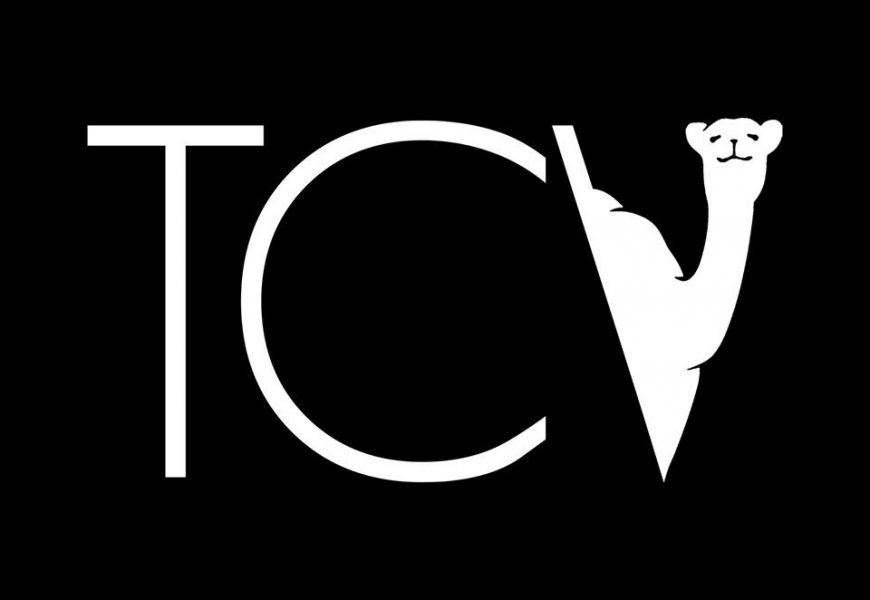I’ve always enjoyed awards season. From the Oscars to the Grammys, I find the competition thrilling, as actors, actresses, musicians, filmmakers, and many other distinguished artists vie for coveted titles like “Best Picture” or “Best Album of the Year”. You can’t help but wonder if that great indie film you saw last summer with your parents will sneak up on America and sweep the Oscars, or ponder if your favorite rapper who was unknown to most just a few years ago will shock everyone by winning “Best Song of the Year.” It’s a time that reminds us how important film, television and music are to us; we appreciate the way these works bring us together and fuel discussions among friends about what deems a piece worthy of top awards.
The Oscars are in just a few weeks and speculations have been simmering for months.
While the conversations surrounding who may win Best Picture or Best Actor/Actress only vary each year depending on which films and actors are nominated, this year, the conversation has taken a serious turn. For the second year in a row, all 20 actors nominated in the lead and supporting acting categories are white.
The Oscar nominated films released this year with minority actors, Creed and Straight Outta Compton both picked up many critics’ prizes and guild awards, but only received one Oscar nomination each. In addition, Beasts of No Nation, which follows a young West African boy who survives his country’s horrific war, was shut out from the Oscars completely. This two-year trend of all white nominations is disappointing and extremely concerning to say the least.
The two-year trend isn’t exactly surprising. In the Academy Awards’ 88-year history, only 14 black actors have won acting Oscars. Meanwhile, only five Latino actors and just three actors of Asian descent have won prizes.
Fortunately, many figures from the film industry have began to speak out. Spike Lee announced on Instagram that he and his wife would not attend the Academy Awards due to the homogeneity in the nominations. Actor Will Smith and wife, Jada Pinkett Smith both announced that they would be boycotting the awards. Many other actors and public figures have called for action including, George Clooney, Reese Witherspoon, President Obama and Viola Davis. Their frustration went viral in the form of the hashtag, #OscarsSoWhite.
A week later, the Academy, after receiving major backlash, voted to double female and minority members by 2020. In their statement, the Academy wrote, “In an unanimous vote Thursday night (1/21), the Board of Governors of the Academy of Motion Picture Arts and Sciences approved a sweeping series of substantive changes designed to make the Academy’s membership, its governing bodies, and its voting members significantly more diverse. The Board’s goal is to commit to doubling the number of women and diverse members of the Academy by 2020.”
To many, this move may seem like a step in the right direction towards equity in the Academy. However, others argue that this change is unnecessary and that the awards are simply given to the most talented. Those arguing believe that when the Academy is augmented in order to increase diversity among Academy members, the new members will simply vote for members of minorities because they are a minority themselves.
Clearly this is a complicated issue reflective of the many racial imbalances America faces every day – the Oscars are just one of many conversations at any given time regarding inequality. In my opinion, #OscarsSoWhite has opened the conversation toanother form of systematic racism in America: the media. Popular media, including top TV shows and film, depict predominately white characters. The Academy, which is an offshoot of the film industry, is all-white because they focus on white films. The Academy, and the film industry as a whole, has been a more than predominantly white institution for a long time.
Equalizing the Academy membership is a step in the right direction, but it’s concerning that the Academy wasn’t already diverse to begin with in 2016. Obviously, the diversification of the Academy will result in the recognition of a more diverse pool of film industry workers, but the Academy can’t be diversified until the industry itself is diversified. According to Professor Courtney Baker, “That would mean a concerted effort on the part of executives, unions, writers and other behind-the-scenes folks such as camera crew and casting agents, to employ people from diverse backgrounds,” said the Associate Professor of English and Director of the Africana Studies Program. “It is really up to us as film consumers to demonstrate that we are interested and literally invested in hearing different stories and seeing different people than the usual suspects.”
Film and television are mediums that in many ways signify the state of the country – socially, politically, economically. When there is such a lack of diversity among the Academy in 2016, it simply goes to show how much racism is still embedded in our world. •











I really loved that you ended this piece the way you did. I think that too many people focus on the fact that this is the 2nd year with “all-white” nominations and so they tend to miss where exactly a solution may be.
I put all-white in quotes simply because it’s not true. It’s overwhelmingly white, true. There is a clear disconnect between Hollywood and their representation of America. Lubezki is nominated (yet again!) for Best Cinematography. I understand the frustration of the all-white nominees for Best Actors and Actresses but frankly, if we solely focus on this aspect of the Oscars then we’re really missing the point.
Here’s to change in the production of films in America! Again, kudos to a great article!